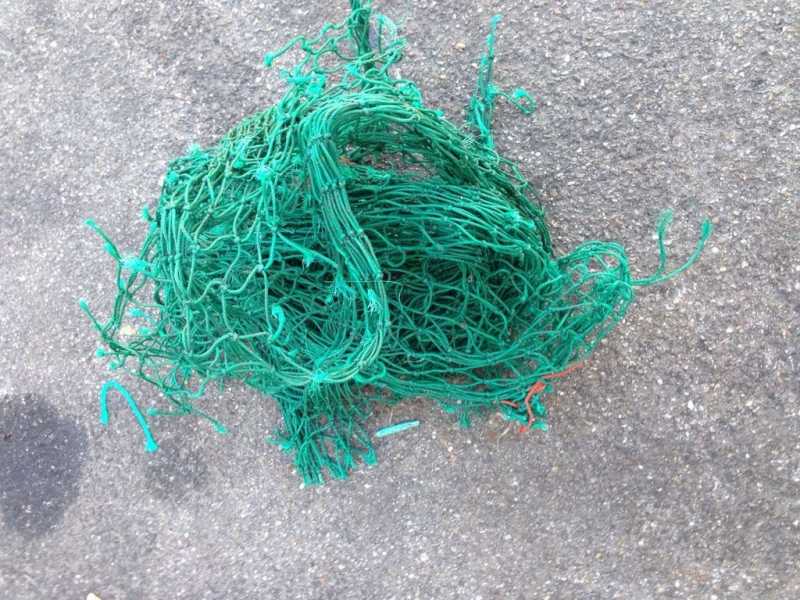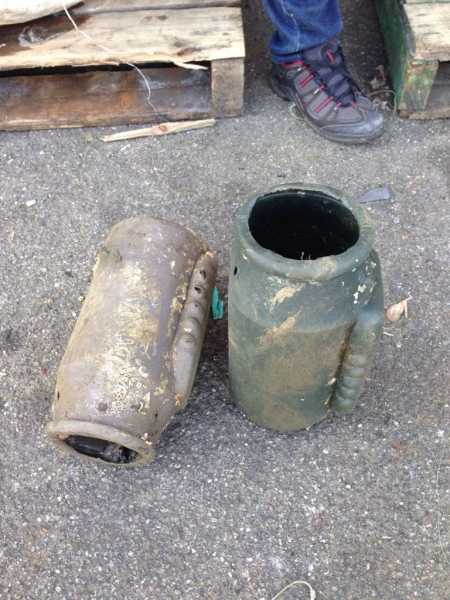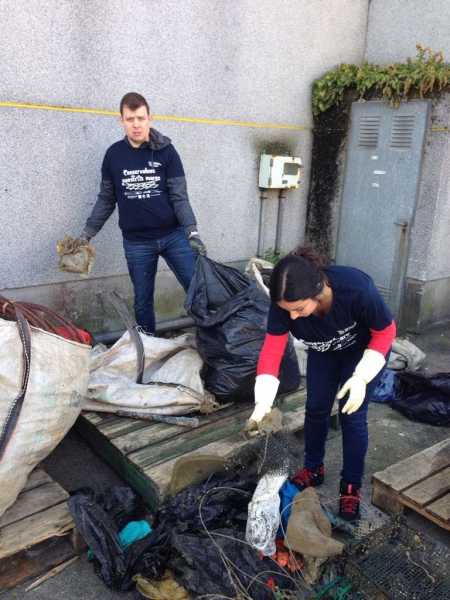By Sara López Ibáñez
Nowadays, marine ecosystems are under a huge pressure performed by human beings from all over the world. Some of the first causes that are making the degradation and even the disappearance of the habitats happen are, mainly, acts like overfishing, the amount of greenhouse gases, emissions or the excessive generation of aguas residuales, o la generación desmesurada de wastes that end in the sea (80% from land activities).

These wastes are composed in a 60-80% by plastic material, which causes an impact due to its abundance, persistence in the environment and chemical composition (additives, some of them toxics, used to modify the final product properties like colour, density, elasticity…). There is an additional problem that is currently being investigated: microplastics, microparticles that are produced when natural conditions (UV radiation, temperature or waves) transform this material into a new more breakable one, creating small particles sized under 5 mm. However, these microplastics are also industrially produced and commercialised as cosmetics, detergents, etc.
The recompilation of information about these materials and the analysis of the role they have in our lives make the increase of people’s awareness possible, as well as the reduction of plastic impact in the environment. For this reason, scientific and technological projects rise up to reach that aim.
A current project is RepescaPlas: in which participates the research group ECOTOX, from the University of Vigo. The development of this project belongs to Fundación Biodiversidad (MITECO) and it is coordinated by AIMPLAS (Instituto Tecnológico del Plástico de Valencia). Moreover, the Fundación Global Nature, Asociación Vertidos Cero and Cofradía de Pescadores de Gandía are collaborating.
The main pourpose is to know better the type of marine debris we found and reduce its impact. This way, after recovering the marine debris from the open sea, they intend to reincorporate the materials into the production chain, that is to say, to get the valorisation of those plastic objects, being a benefit for the circular economy. This proceeding include several phases: collecting and characterisation (by type, nature and ecotoxicity), valuation and spreading of the results obtained.
Several fishermen, previously trained, from ports of Gandía (Valencia), Marín y Vigo (Pontevedra), cooperate collecting the marine debris they bring accidentally within their fishing nets. In addition, the port authorities are getting involved in the process and the participation of the waste managers is very important.
The recovered marine debris is stored and then characterized by type in the port, following the rules of the platform Marnoba (app available for mobile devices), developed by Asociación Vertidos Cero and in which we can compile the data and send it to the marine litter monitoring program.
A proportional fraction of plastic is selected to analyse the composition and valuation possibilities (AIMPLAS) and the ecotoxicological effects in the biota (ECOTOX group, University of Vigo). This last task is done micronizing the plastic material, and thus, simulating the natural generation of microplastics in the environment, which are going to be tested with organisms from different levels of the trophic chain, from microalgae to echinoderms as the sea urchin.


The expected amount of 300 kg of the collected marine litter has been exceeded by far, highlighting plastic bags and bottles, packaging, ropes and fishing nets as the most abundant materials. During the following months, the toxicity and valuation results will be known.
To conclude, with this type of projects it is possible to make citizens realise that, as active consumers and cause of most of the environmental problems, we have to be conscious of the threat that they suppose and lean towards a new sustainable way of consumption.
More information: http://www.programapleamar.es
© 1995 - 2026 Equipo de investigación ECOTOX.


